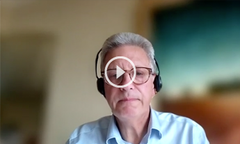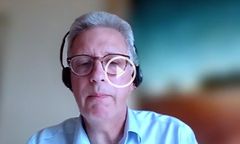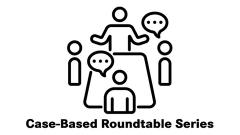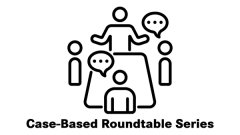
Deciding When to Use Polatuzumab + BR in R/R DLBCL
Ian W. Flinn, MD, PhD, discusses what factors go into his decision to use polatuzumab plus bendamustine and rituximab in certain patients with relapsed/refractory diffuse large B-cell lymphoma.
Episodes in this series

Ian W. Flinn, MD, PhD, director of lymphoma research at the Sarah Cannon Research Institute, discusses how he decides when to use the combination of the antibody-drug conjugate polatuzumab vedotin-piiq (Polivy) plus bendamustine and rituximab (Rituxan; pola-BR) in patients with relapsed/refractory diffuse large B-cell lymphoma (R/R DLBCL).
The basis of his decision comes from the results of a phase 2 trial (NCT02257567) that looked at 80 patients, randomized 1:1, receiving either 1.8 mg/kg of polatuzumab every 3 weeks plus BR for 6 cycles, or only BR. The primary end point of complete remission (CR) was met with a CR rate of 40% in the pola-BR arm compared with 17.5% in the BR-alone arm.
Moreover, at a median follow-up of 22.3 months, patients on the combination therapy had a median progression-free survival of 9.5 months vs 3.7 months in the B-alone arm (HR, 0.36; 95% CI, 0.21-0.63; P < .001). Survival benefit for patients with pola-BR continued to be demonstrated with a median overall survival of 12.4 months with polatuzumab compared with 4.7 months in the patients just on BR (HR, 0.42; 95% CI, 0.24-0.75; P = .002).
In a previous interview with
TRANSCRIPTION:
0:07 | I use [pola-BR] in patients who have more aggressive disease, so those patients who need a quicker response, who have bulky disease, as they are the patients that are most likely to use this regimen. [Now,] there are other options. For instance, you can think about [using] other approved agents such as loncastuximab, [which is] a reasonable option. Another reasonable option is lenalidomide and tafasitamab. They are largely immunological based therapies, [and] I tend to use those regimens in patients that perhaps are primary refractory or don't have as aggressive disease. For those patients that you need a quick response in, then I tend to use the antibody-drug conjugate with [BR].
1:02 | One other thing to think about is, you want to be careful about using an anti-CD19 therapy in patients [for whom] ultimately the goal is to take them to CAR-T cells, because you might downregulate CD19 and make a CAR T-cell ineffective. On the other hand, you want to avoid bendamustine in patients who prior to harvesting of T cells, as bendamustine is a very lympholytic agent and significantly decreases the number of T cells, [because it] might make it difficult for a patient to go on to receive CAR T cells.













































